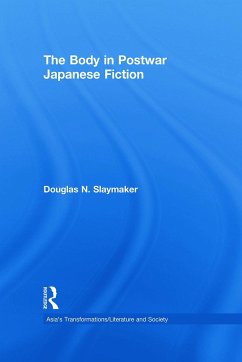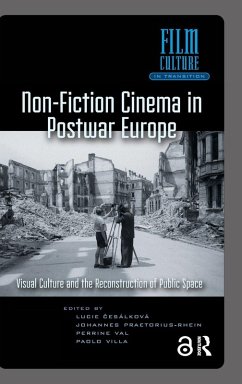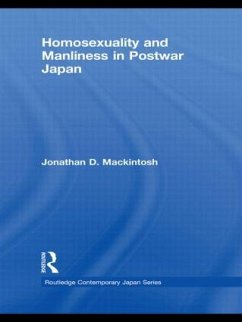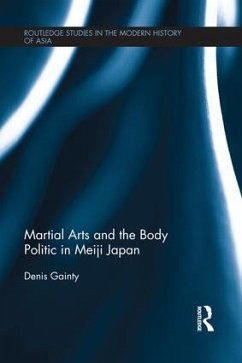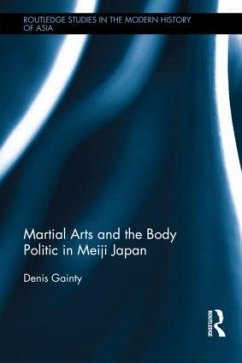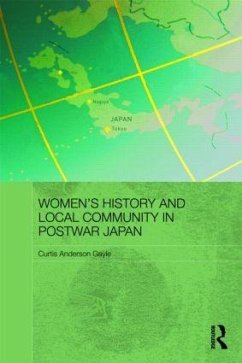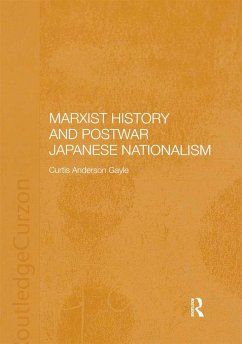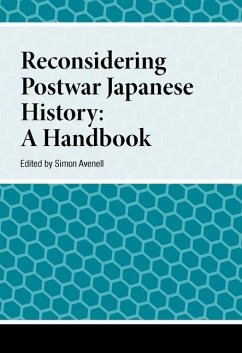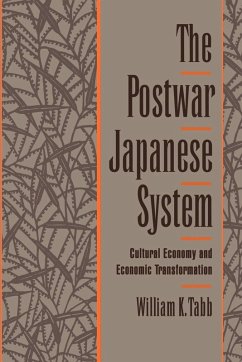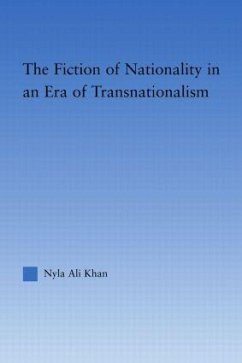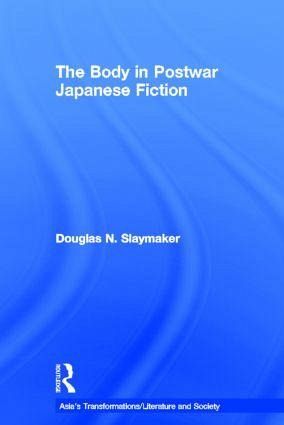
The Body in Postwar Japanese Fiction
Versandkostenfrei!
Versandfertig in 1-2 Wochen
168,99 €
inkl. MwSt.
Weitere Ausgaben:

PAYBACK Punkte
84 °P sammeln!
In the immediate postwar years, the body became an obsessive object of focus in Japanese fiction in both popular and high-brow novels. The freedom and carnal hedonism the representation of the body allowed contrasted starkly with the political ideology of wartime Japan. In a time when bodily needs were often suppressed the body served writers both as a symbol of physical toil and as a celebration of individual identity and freedom which flouted wartime censorship laws.
Through an examination of the work of a number of prominent 20th Century Japanese writers, this book analyzes the meaning of the body in postwar Japanese discourse, the gender constructions of the imagery of the body and the implications for our understanding of individual and national identity. The contributors discuss the ideological and historical conception of the body and "nikutai bungaku" (literature of the body) in general before analyzing more specific themes including:
The body as revolution
The body as a tool to subvert militarist control
The adaptable nature of the body and its role in fashioning identity
The body in relation to protest and celebration
Detailed analysis of the writings of Tamura Taijir*, Noma Hiroshi and Sakaguchi Ango
An analysis of the differences between male and female writing in the period
Concentrating on the literature produced between 1945 and 1960, this work highlights the varied uses and meanings of the human body in postwar Japanese fiction and its relationship to postwar and wartime society. It will be of interest to all students of modern Japanese literature.
Through an examination of the work of a number of prominent 20th Century Japanese writers, this book analyzes the meaning of the body in postwar Japanese discourse, the gender constructions of the imagery of the body and the implications for our understanding of individual and national identity. The contributors discuss the ideological and historical conception of the body and "nikutai bungaku" (literature of the body) in general before analyzing more specific themes including:
The body as revolution
The body as a tool to subvert militarist control
The adaptable nature of the body and its role in fashioning identity
The body in relation to protest and celebration
Detailed analysis of the writings of Tamura Taijir*, Noma Hiroshi and Sakaguchi Ango
An analysis of the differences between male and female writing in the period
Concentrating on the literature produced between 1945 and 1960, this work highlights the varied uses and meanings of the human body in postwar Japanese fiction and its relationship to postwar and wartime society. It will be of interest to all students of modern Japanese literature.




